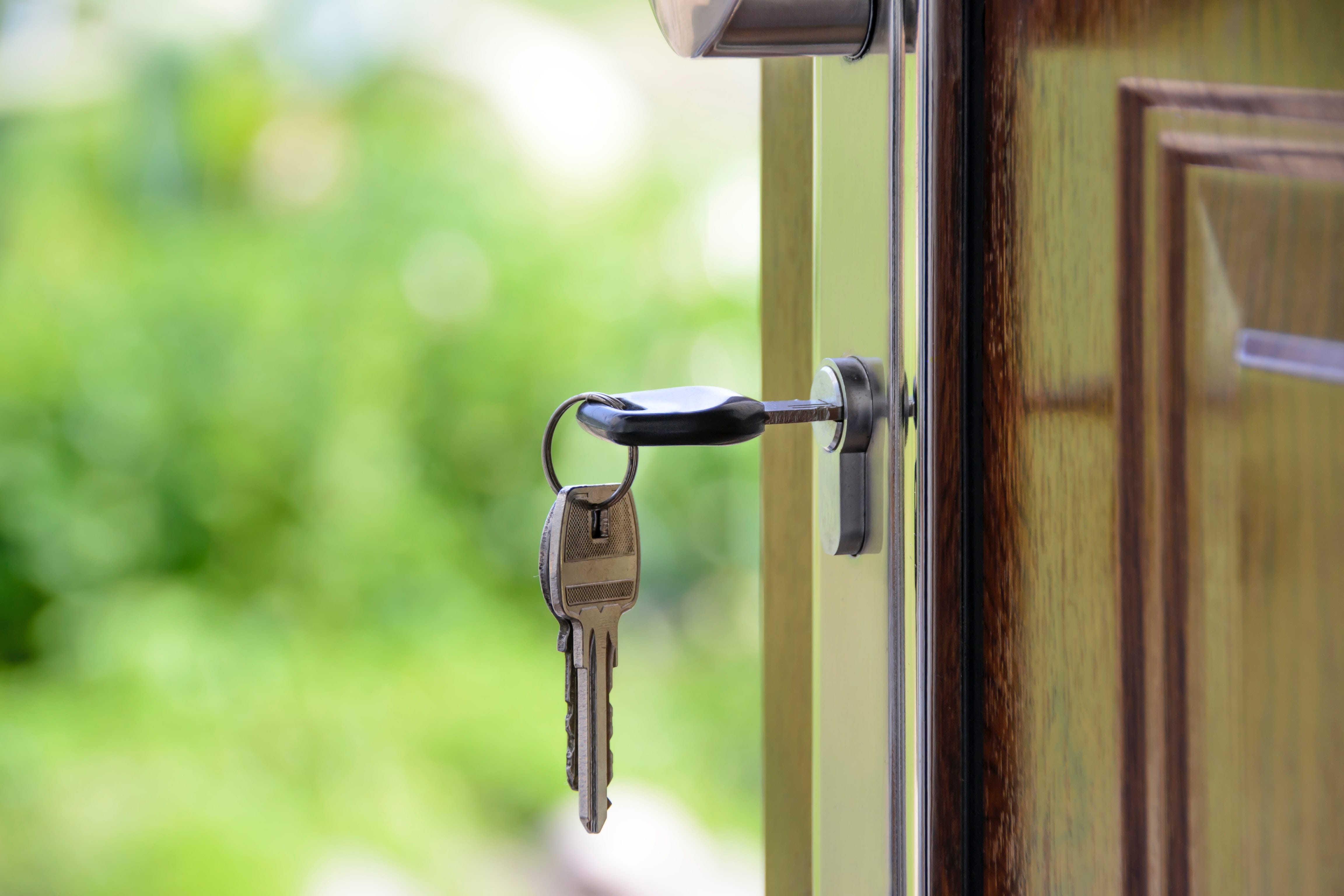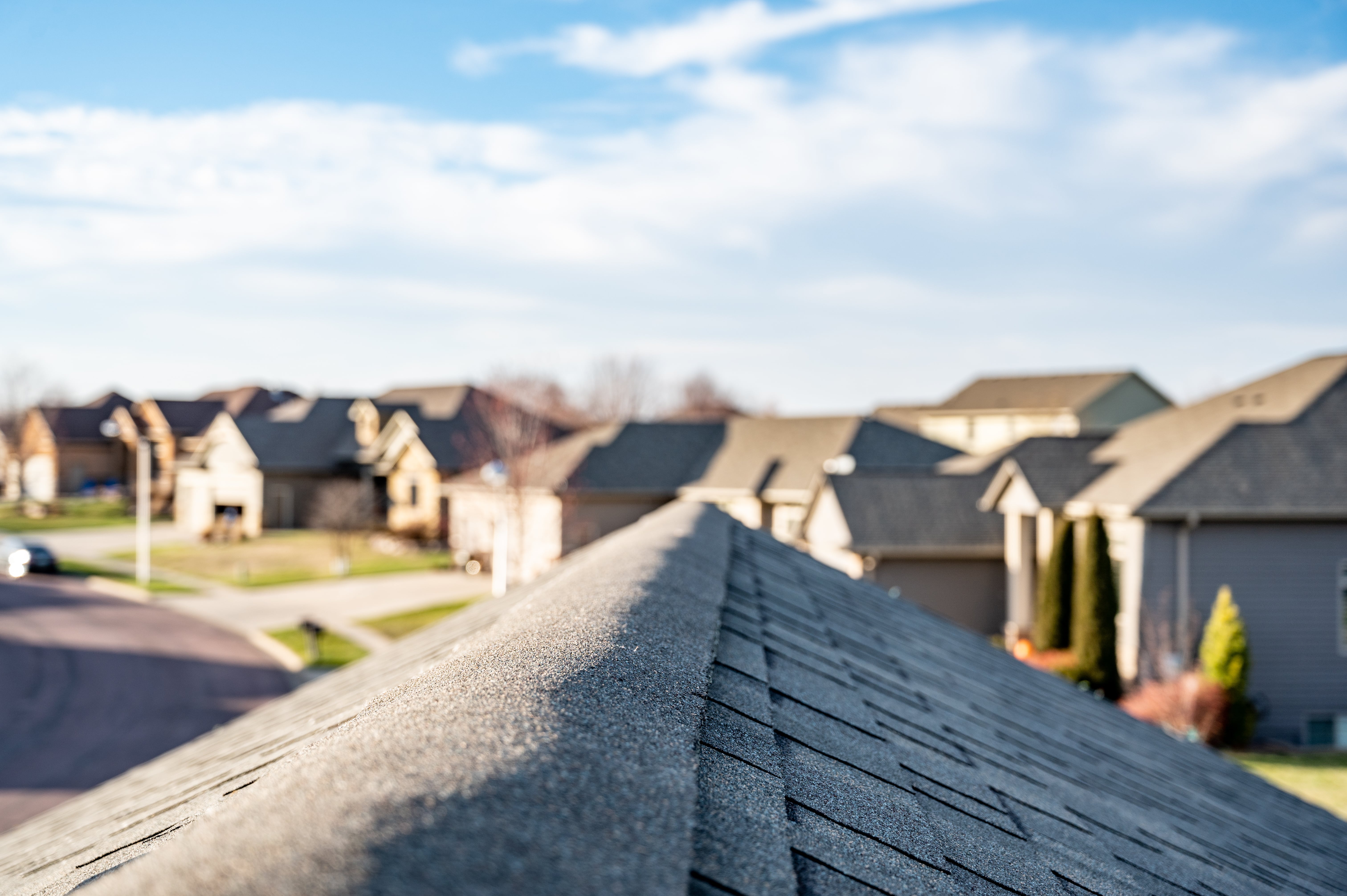Call today to schedule an inspection: (803) 261-4768
Home Inspection Blog Posts & Tips

How Will I Know If My Home Will Pass the Home Inspection?
Real estate transactions can be daunting – especially if they come with contingencies from the lenders. You never know what might hit you and damage the whole deal. Most of the real estate deals involve a home inspection. They not only allow you to move ahead with the deal with confidence but also let you sleep well at night knowing that you will not end up buying a property that's unfit for living.
While talking about home inspections, it needs to be understood that the property doesn't pass or fail an inspection. Instead, the purpose of these inspections is to give the buyers an idea of what lies ahead when they decide to move in. As a seller, to know if your property will stand a home inspection, you need to understand the deal breakers that make buyers run away! Yes, run away!
The purpose of this post to help you understand defects that really matter in your inspection. If discovered by your home inspector in Colombia, SC, work with your realtor to implement a strategy for a successful closing. Here are the three common home inspection issues that you should know about.
1. Inferior Electrical Systems
Every house needs adequate electrical systems to ensure safe and efficient energy usage. The electric panel and circuit breaker configuration must be intact and well-planned. Since these systems change every year, the inspector looks for holders with ground fault circuit interrupters or GFIs in bathrooms and kitchens.
The goal of the home inspector is to make sure these receptacles contain mini-circuit breakers that are not only wired correctly but also fulfill their purpose. So, before you allow an inspection make sure they work.
2. Major Roof and Foundation Flaws
Another deal breaker is a flawed roof and foundation. No homeowner would want to embark upon fixing these two as they are two budget killers when it comes to renovations. If there are any leaks in the roof, call the local contractor to make some quick repairs that go the distance.Similarly, if the foundation in uneven or damaged, the chances are that the buyer will be a no show at the time of closing the deal. Foundation flaws are often found in older homes. These flaws question the safety of the property.
3. Plumbing Issues
Dealing with faulty plumbing can be a nightmare for a buyer. Therefore, you should consider being proactive and fix any known issues before the home inspection takes place. Home inspectors test the plumbing system of the property.
Moreover, an inspector will run the dishwasher and check in on the septic system. Dyes are often flushed down a stool, and the inspector waits to see if the dye surfaces on top of the septic drain field. This method helps to indicate faulty plumbing.
The Solution
Other than making sure that the main systems of your home are working fine, you need to understand that home inspectors only give a detailed report of their findings. They don’t make any recommendations to the buyers about the deal whatsoever!
All the findings that were present at the time of inspection will be disclosed in the home inspection. If there is an issue found, it is up to the buyer to decide on whether or not to purchase the home. They might end up accepting the flaws as no home is perfect.
Other than taking care of the repairs beforehand, as a seller, you can maintain documentation for repairs and maintenance that has taken place in your home. This approach will help you establish credibility and allow the buyer to look into the areas that require attention.





